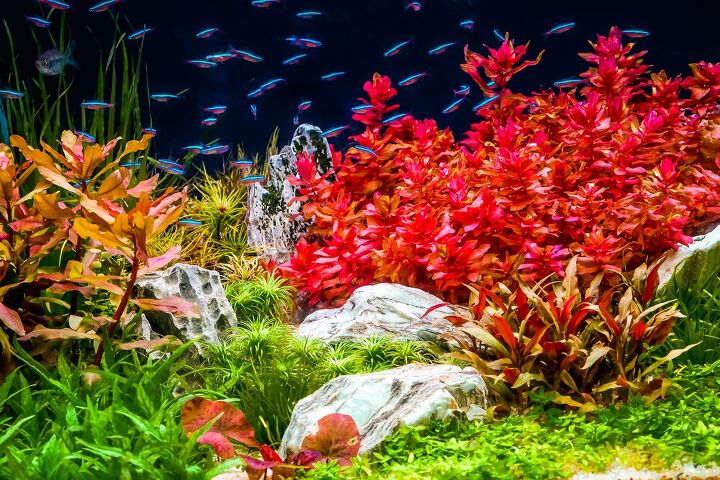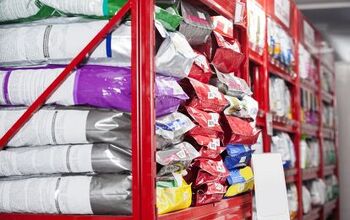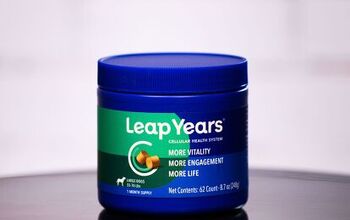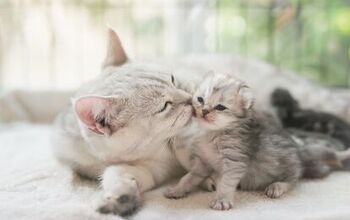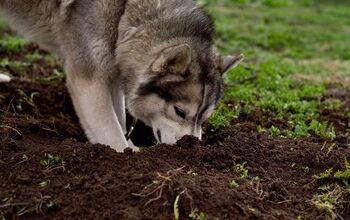Is Aquarium Salt Safe for Plants?

All those in love with the fascinating world of aquatics know how sensitive and (sometimes) demanding pet fish and aquarium plants are. The aquarium plant life in particular can be very vulnerable, reacting to the smallest changes in the tank’s environment. Naturally, this begs the question: could adding salt to your tank potentially kill its plant life? Or is salt beneficial for your aquarium’s flora? These are the questions that need to be answered carefully, as there are different types of salt used, and not all have the same effects on the many different aquarium plants. Let’s dive deeper into the topic!
Is Aquarium Salt Safe for Plants?
Aquarium salt, when used properly, has many uses in an aquarium setting. It can help with certain issues like treating fish diseases and promoting electrolyte balance in fish. But what about plants? The key to using salt with aquarium plants is moderation and research. There are different types of salt on the market, so you should inquire about their properties and possible effects on fish and plants. Secondly, always use it in moderation. When used in the right amounts, salt can be beneficial. However, the excessive use of salt can be harmful to plants, as it can disrupt their osmotic balance and lead to dehydration or nutrient imbalances. In fact, put too much of it, and you can kill all the plants AND the fish in the tank!
But what is the osmotic balance? Like all living organisms, plants maintain a delicate balance of water and salts within their cells. When exposed to high concentrations of salt, such as those found in aquarium salt products, plants can experience “osmotic stress”. This stress occurs because the salt outside the plant's roots creates a higher concentration of solutes in the soil than inside the plant cells. As a result, water is drawn out of the plant, leading to dehydration and potential damage – and even death.
Excessive salt in the aquarium soil can also interfere with a plant's ability to absorb essential nutrients. Sodium ions, which are a component of salt, can compete with other positively charged ions like potassium, calcium, and magnesium that plants need for healthy growth. This competition can disrupt nutrient uptake and lead to deficiencies, even if those nutrients are present in the soil.
Another confusing factor is that some aquarium plants are much more tolerant than others. Halophytes, for example, are plants that have evolved to thrive in saline environments and can withstand higher levels of salt in the soil and water. However, most freshwater aquarium plants are not adapted to high-salt conditions and can suffer greatly when aquarium salt is introduced to the tank.
You should also consider the types of salt available. Sea salt, for example, is much different and more complex than ordinary table salt. It contains sodium chloride, and minerals like potassium, zinc, and calcium. As such, it is only suitable for use in aquariums that have marine fish and invertebrates, and plants naturally occurring in salt waters.
Your best choice would be, of course, the aquarium salt for freshwater aquariums. It is good for fish and has many benefits, but should still be used carefully with live aquarium plants.
All things considered, while some tanks could benefit from aquarium salt, most aquatic flora won’t. In the end, the answer to the question ‘Is aquarium salt safe for plants’ would be no, as most freshwater plants will react negatively to salt, as will algae. It can be used, however, but in strictly small doses and with great care.
However, if you find that your fish depend on the use of aquarium salt and that your plants disappear as a result, you can always opt for faux aquarium plants that will still provide some greenery in the tank without asking for specific conditions in the environment.

A proud mama to seven dogs and ten cats, Angela spends her days writing for her fellow pet parents and pampering her furballs, all of whom are rescues. When she's not gushing over her adorable cats or playing with her dogs, she can be found curled up with a good fantasy book.
More by Angela Vuckovic



